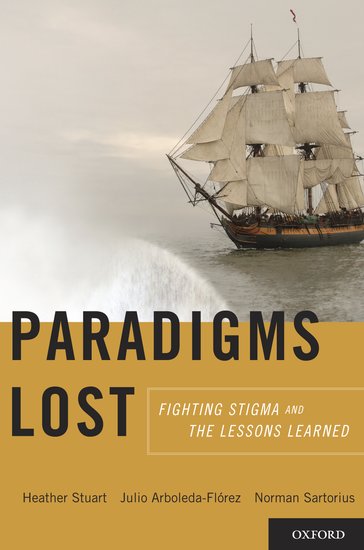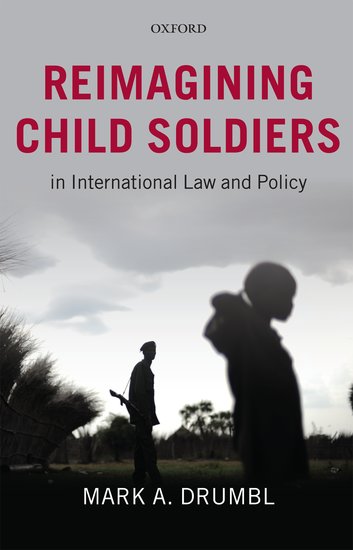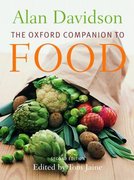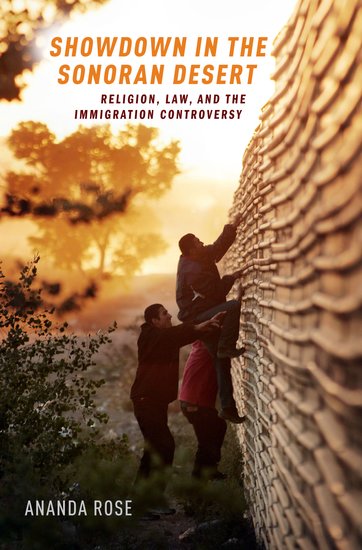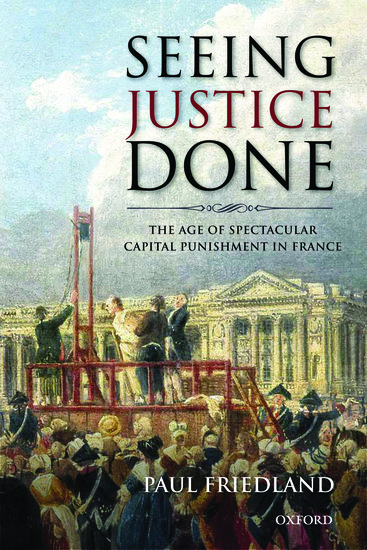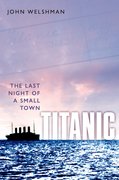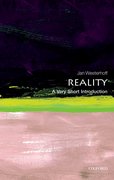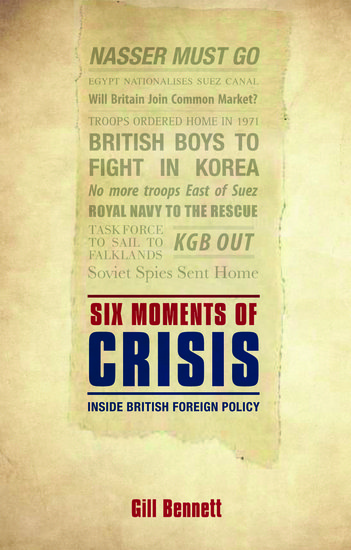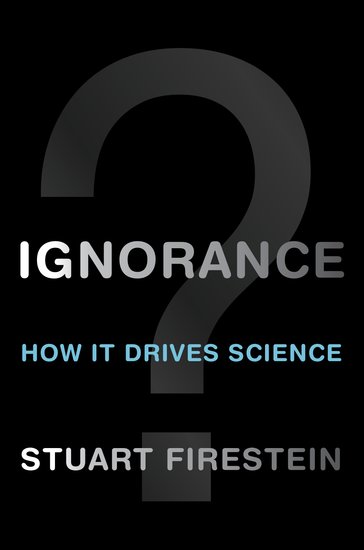After a “Referendum” Election
By Andrew J. Polsky
The 2012 presidential election has assumed the form of a popular referendum on Barack Obama’s four years in the White House. Put simply, neither the president nor his Republican opponent Mitt Romney has said much about what he would do if elected. Voters instead are being asked to render their verdict on the past. One consequence is that the winner, whether Obama or Romney, will not be able to invoke a mandate for policy initiatives over the next four years.


